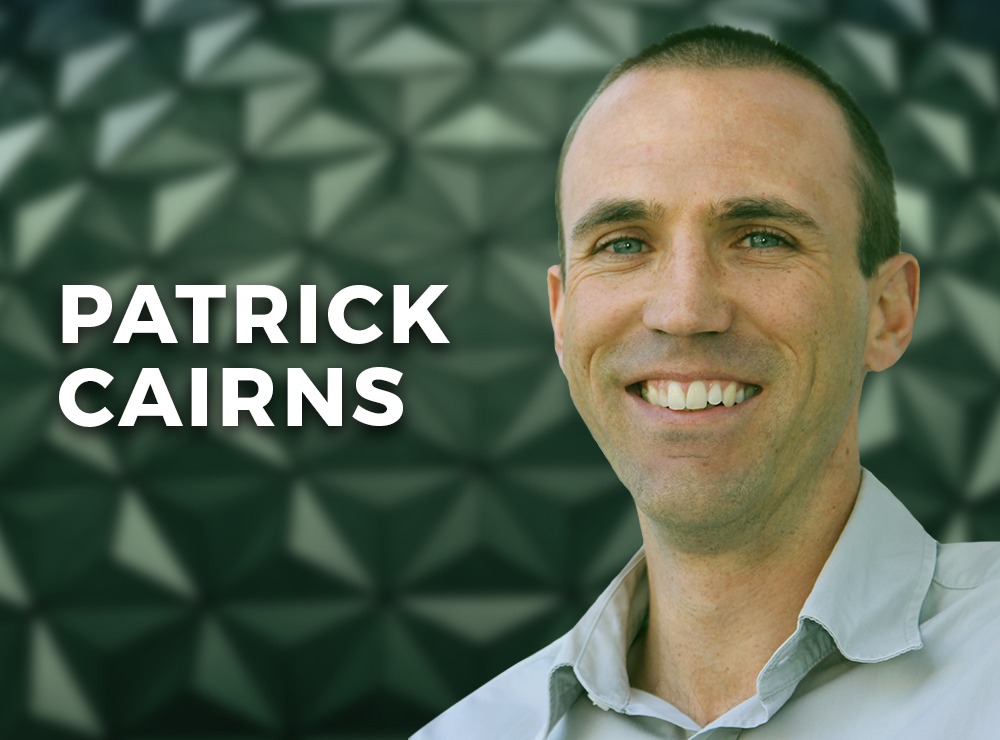
By PATRICK CAIRNS
According to the Aegon Financial Wellbeing Index published in the UK last month, roughly 40% of people in middle and higher incomes worry about money. And simply earning more does not necessarily take this away.
While 55% of average earners have money worries, that only falls to 33% among top earners.
This shows that financial wellbeing is not simply about your level of income. While earning more can certainly make a difference, there is much more that goes into feeling comfortable about your financial health.
Mindset
As Steven Cameron, pensions director at Aegon points out: “What we’ve found is that for most people, the biggest improvement they could make to financial wellbeing is to reframe the way they think about money.
“It’s not always possible to make quick changes to your level of income or savings, but by thinking about what sort of future you’re working towards, and the steps you’ll need to get there or by making more realistic social comparisons, you can make big strides towards a better relationship with your money.”
In other words, financial wellbeing needs to be thought about more broadly than just what can be measured in pounds and pence. It is about how you approach your finances, how you think about the future, and how much consideration you give your own happiness.
Are you happy?
As a starting point, it’s worth thinking about what it is that gives you joy and purpose. And are you spending your money on those things?
This may sound obvious, but very few people appear to give this real consideration. The Aegon survey found that only four in ten people in the UK think about what gives their lives joy or purpose.
Our spending is often dictated by all sorts of other things — perhaps feelings of obligation, or social expectation. But why should we work so hard for an income, only to spend it on things that don’t actually make us happy?
Think about where and when you have felt joy, or when you’ve felt useful. If you spend more of your money on generating those sorts of experiences, you will undoubtedly find that you have a better relationship with your bank account.
Are you good to your future self?
Psychologically, it is difficult to picture ourselves in 10- or 20-years’ time. In fact, the Aegon study found that just one in three of us has a ‘concrete idea of our future self in mind’.
But having a good picture of the person you will be in a decade or two from now can be a powerful way of ensuring that you make decisions now that your future self will appreciate. What could you do now that you will thank yourself for later?
Putting yourself now in the shoes of that future self, and paying attention to the life you want to lead, can create a better sense of financial purpose.
Aligned with that is having a written financial plan about how to achieve long-term goals. According to Aegon, only 13% of people in the UK have done this.
Knowing what brings happiness into your life, and appreciating what your future self will look like, will also make coming up with a plan that much easier.
Who are you comparing yourself with?
Social comparisons are inevitable. It is ingrained in our thinking to consider how we match up to others as this gives us a way to evaluate ourselves.
So, there is little value in suggesting that you shouldn’t do it.
You can, however, ensure that the comparisons you do make are realistic and healthy. One of the healthiest is comparing your current self against your past self. Thinking about how far you have come and what you have achieved can reinforce your desire to continue to do better.
Get advice
All of this may sound relatively straight forward in theory, but it’s a lot harder to put into practice. That is why having someone to support you is so valuable.
A good financial adviser can help you to ask the right questions of yourself, to see the long-term picture, and to put together a plan to guide you there. Most importantly, they can help you along that path so keep you updated on whether you are still on track.
One of South Africa’s most respected financial journalists, PATRICK CAIRNS is a trusted commentator on the world of investments and the quirks of behavioural finance. Over more than a decade he has built a reputation for keeping the industry honest, and putting the interests of investors first.
Here are some more articles by Patrick Cairns:
Should you invest in a dividend ETF?
Can you measure your financial wellbeing?
Why investing is more like golf than football
Don’t let the stock market distract you
PREVIOUSLY ON TEBI
Don’t be fooled by private equity returns
Learn to profit from uncertainty
Institutional investors vs individuals: Who wins?
FIND AN ADVISER
Investors are far more likely to achieve their goals if they use a financial adviser. But really good advisers with an evidence-based investment philosophy are sadly in the minority.
If you would like us to put you in touch with one in your area, just click here and send us your email address, and we’ll see if we can help.
© The Evidence-Based Investor MMXXI









